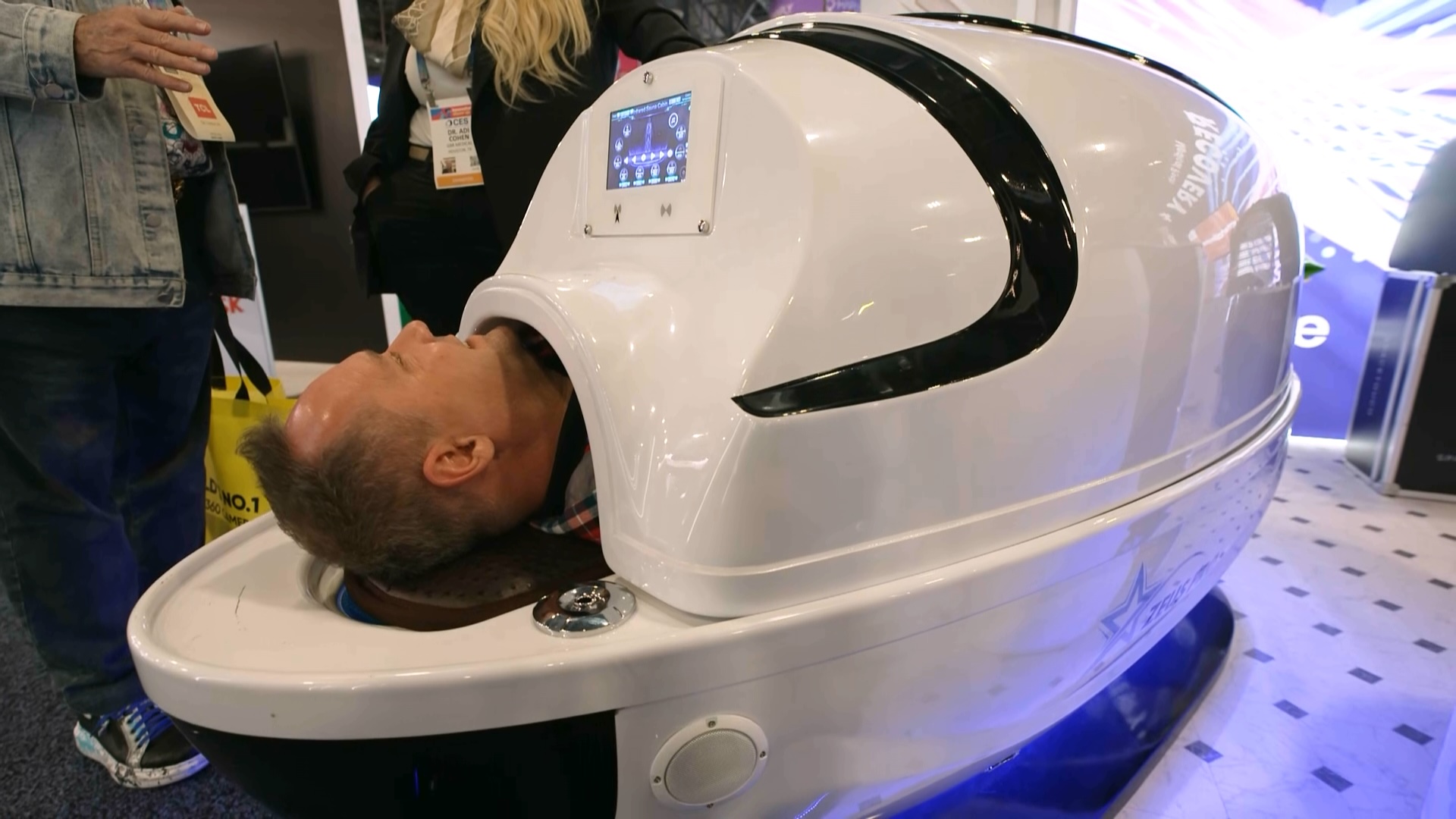Apple has released formal specifications for its iBeacon communications tool, in hopes of triggering wider adoption.
According to a report in Beekn, manufacturers can now associate Apple's iBeacon branding with their products, provided those products meet Apple's criteria.
iBeacon is Apple’s name for devices sending each other proximity-based push notifications over Bluetooth Low Energy connections. Apple's mobile devices started supporting the tool with iOS 7.
These communications aren't exclusive to Apple — other manufacturers, like Estimote, have their own versions that do the same thing.
"Put anywhere in the physical world, they broadcast context and location to all compatible phones and smart devices in range. Phones can now automatically pick up the signal and trigger contextual actions designed by business owners."
But the iBeacon branding is Apple exclusive, and it's been getting press lately. Apple’s deployed it in its own stores, naturally, and has planned rollouts to big retailers including Major League Baseball and its stadiums. (Via AppleInsider, The Verge)
And Apple apparently wants to keep tight control over who's using it. The specifics are currently hidden behind a non-disclosure agreement, but enrollment is free for developers.
Engadget explains the iBeacon specification is an extension of Apple's Made for iPhone program.
"This means that whenever you see something with that iBeacon logo, you know it should work seamlessly with your iDevice."
But, says GigaOM, since iBeacon is just a brand name for a technology in wider use, any beacons bearing iBeacon branding "should also be able to work with Android devices that support Bluetooth 4.0 LE."
There's no concrete timeline for the new brand-compliant iBeacons — expect to start seeing them as soon as developers and manufacturers agree to Apple's requirements.











